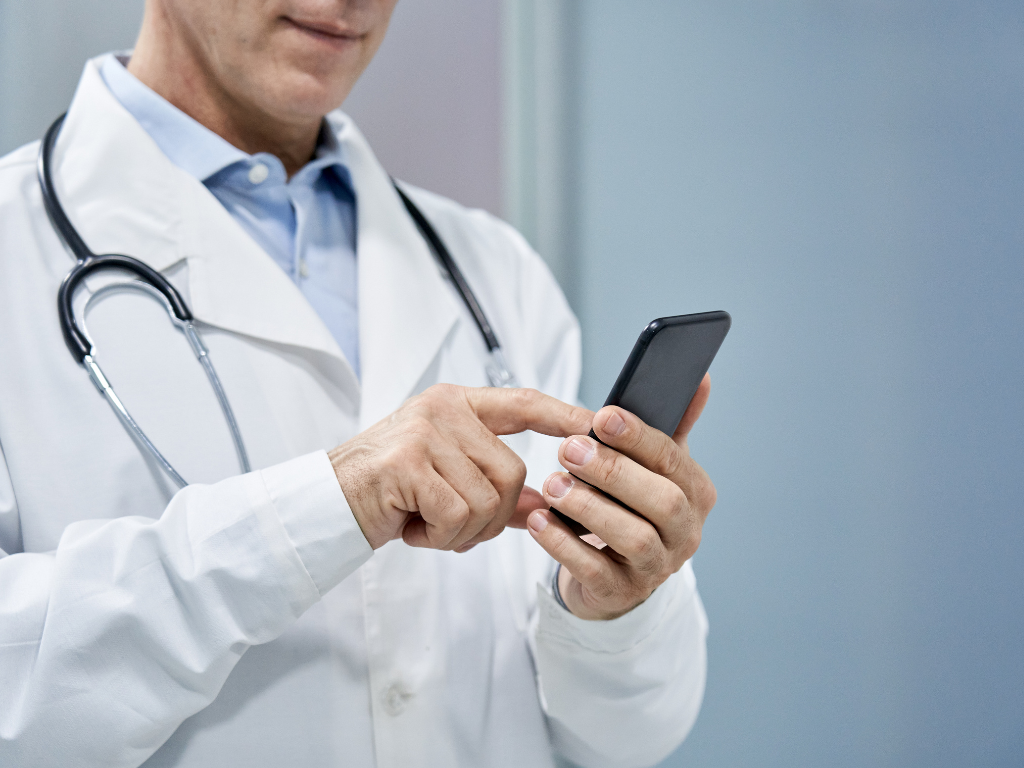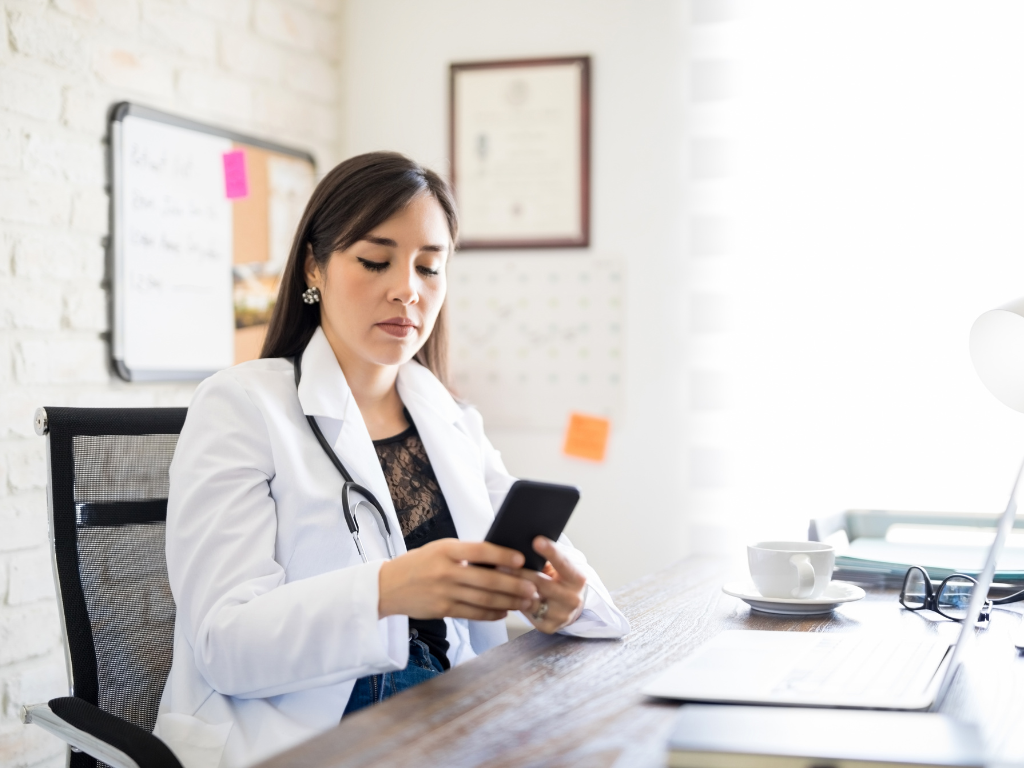Healthcare professionals are shifting from complex emails and insecure texts to HIPAA-compliant texting. HIPAA compliant texting for medical professionals is crucial in healthcare, where quick, clear communication is often life-saving. But it’s not just about speed and efficiency. Patient information must be held in strict confidence, too.
This guide will help you understand its importance, decode HIPAA regulations, and give insights on selecting the right texting platform. Read on and understand each section to get more knowledge and apply it in your healthcare setting or organization.
Table of Contents
The Need for Secure Texting in Healthcare
Secure texting in healthcare is crucial, given medical information’s confidential and legally protected nature. As a healthcare worker, you manage such sensitive data daily. Passing this information through unsecured methods could potentially reveal it to unauthorized individuals.
Think about your daily communications. Healthcare professionals often use text for things like patient consultations and shift planning. However, using non-secure platforms for these texts can lead to potential data breaches.
Given the sensitivity of medical data, it’s crucial to protect it, especially when shared via text messages. For this reason, secure texting apps that adhere to the Health Insurance Portability and Accountability Act (HIPAA) are indispensable.
Key Features of HIPAA-Compliant Texting Apps
If you’re searching for a HIPAA compliant texting for medical office, there are several key features you need to consider. Mainly, these apps should:
- Offer end-to-end encryption to protect sensitive information from interception during transmission.
- Provide secure user authentication methods like multi-factor authentication that significantly reduce the risk of unauthorized access.
- Include automatic log-off after periods of inactivity to prevent unauthorized access from unattended devices.
- Enable a detailed audit trail that tracks all user activity across messages and files, assisting in regulatory compliance.
- Support remote wipe functionality for instances where a device is lost or believed to have been compromised.
- Offer secure storage for transmitted data, ensuring encryption at rest and in transit.
- Possess automated compliance features such as blocking the sending of pre-determined PHI (Protected Health Information) to non-secure devices or non-compliant channels.
Not every texting app meets these requirements, so always verify an app is HIPAA-compliant before implementing it in your healthcare operations.

Benefits of HIPAA-Compliant Texting in Healthcare
HIPAA compliance texting for medical professionals offers healthcare organizations and professionals many advantages. It helps expand patient services, make healthcare delivery more efficient, and safeguard sensitive data.
Improved communication
HIPAA-compliant texting platforms facilitate fluid and immediate communication among healthcare professionals, encouraging efficient information exchange and collaboration.
Greater efficiency
Secure texting allows the quick sharing of information, such as lab results or patient updates, thereby speeding up decision-making and treatment processes.
Enhanced patient engagement
With the ability to securely transmit PHI, these texting solutions can send medication reminders, appointment notifications, and other significant communications to patients, promoting better patient participation in their healthcare journey.
Risk mitigation
HIPAA-compliant texting reduces the risk of breaches related to data transmission and ensures compliance with legal and regulatory standards, helping medical organizations avoid costly fines and damage to their reputation.
Better care coordination
Secure texting sustains reliable communication across multiple care teams, promoting effective collaboration and coordination and yielding better patient outcomes.
Flexibility of usage
Most HIPAA-compliant texting apps are compatible across multiple devices and platforms, providing flexibility and accessibility to healthcare professionals.
Ensuring Patient Privacy Through HIPAA-Compliant Texting
As a medical professional, safeguarding patients’ privacy through HIPAA compliance texting for medical office is essential. Here’s how it can be ensured:
- Encryption. HIPAA-compliant messaging applications encrypt all messages to maintain the confidentiality of sensitive patient information. Only authorized individuals can decipher and read these messages.
- Secure Authentication. To access these apps, users must use secure authentication processes. It prevents unauthorized individuals from having access to sensitive patient data.
- Auto-Logout. To further ensure privacy, these apps have automatic logout features if a session is left idle, thus minimizing the risk of data exposure.
- Remote Wipe. With HIPAA-compliant texting apps, the organization can remotely wipe the device to protect patient data when a device is lost or stolen.
- Audit Controls. These applications have detailed built-in audit controls and logs showing who accessed what information and when thereby facilitating accountability and traceability.
- Document and Image Security. Along with text messages, HIPAA text-compliant apps ensure that shared photos, documents, and recordings are securely transmitted and stored.
Adopting texting for medical compliance HIPAA compliance not only aids seamless communication. It also becomes a crucial step in respecting and preserving patient privacy.

Maintaining HIPAA Compliant Texting for Medical Professionals
Understanding the main aspects and advantages of secure texting enables healthcare organizations to improve their services. Adherence to HIPAA rules builds successful patient interactions and forms trust.
Despite the challenges, adapting to new technologies is essential for efficient communication and patient privacy. Now, choosing the right HIPAA-compliant texting app is a must for your healthcare organization, not just an option. You can guarantee a secure, efficient future by making an informed decision.




